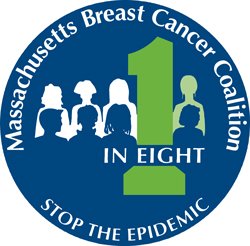Pharmaceuticals & Other Contaminants in Drinking Water: Silent Spring Institute Study Results
In the January 2014 issue of the peer-reviewed journal, Science of The Total Environment, Silent Spring Institute researchers published results of their most recent water quality research. Researchers tested 20 public water wells for 92 different wastewater-related contaminants. The most frequently detected contaminants were pharmaceuticals and perfluorosurfactants (used in many consumer products including food packaging, … Read more
